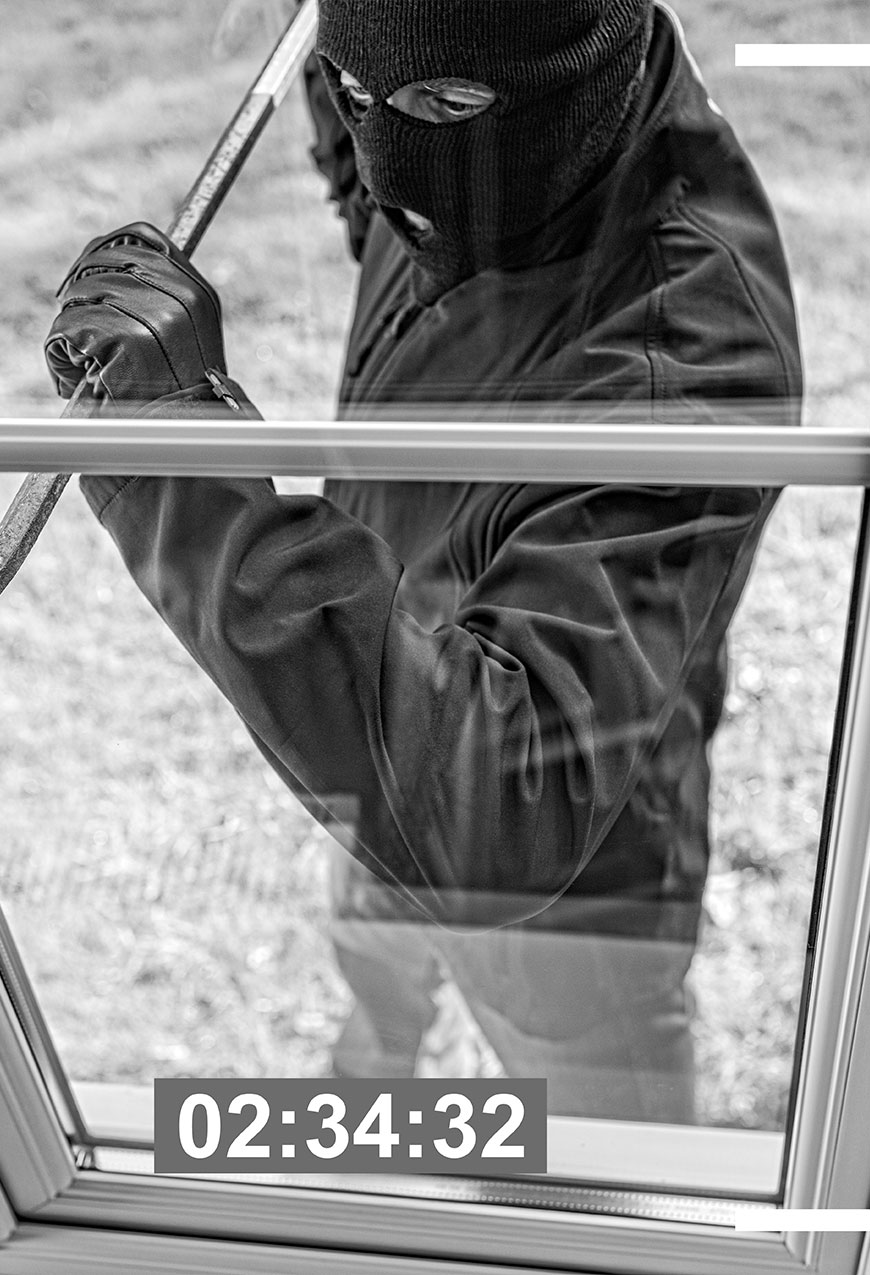Additional Links

Property Crimes in Missouri
Criminal laws have always protected life and property. Arson and larceny, the technical term for theft, were felonies under the common law, and trespasses to land and personal property were grounds for a lawsuit.
Missouri has several criminal offenses that punish offenders who interfere with the possession, use, or value of another party’s property. These offenses don’t require proof that the accused benefitted from their actions. It’s enough to show that the accused infringed on the property owner’s rights.
We help people just like you when facing life-altering criminal charges. Speak to a criminal defense lawyer today at (314) 900-HELP.
Missouri Statutes Covering Property Crimes
The Missouri Revised Statutes outlaw several property crimes in the chapter Arson, Burglary, Trespass, and Related Offenses.” The state classifies property crimes separately from theft crimes. Crimes involving taking property without permission are detailed in the chapter entitled “Robbery, Stealing, and Related Offenses.”
The following laws apply to interference with property rather than theft:
Property Damage
Missouri has two charges penalizing property damage. First-degree property damage occurs when a person knowingly commits any of the following acts:
- Causing more than $750 in damage to another party’s property
- Causing more than $750 in property damage to defraud an insurer
- Damaging a motor vehicle while stealing items inside it
- Damaging, modifying, or destroying an ATM or rendering it inoperable
The second offense applies to the accused’s property as well as the property of others — for example, crashing their own car to collect insurance money. The third applies even if the damage value is low.
Second-degree property damage is the catchall charge for all other forms of property damage, including:
- Knowingly damaging another party’s property
- Damaging property to defraud an insurer
Missouri doesn’t use terms like vandalism or criminal mischief — all these fall under property damage statutes.
Institutional Vandalism
If a vandal defaces or damages certain types of property, they may face institutional vandalism charges. This includes vandalism of:
- Places of religious worship
- Cemeteries, military monuments, or memorial grounds
- Schools, hospitals, or clinics operated by religious groups
- School buses, public monuments, or public structures
Arson
Arson occurs when someone damages or destroys a building or inhabitable structure by starting a fire or explosion. First-degree arson involves knowingly starting a fire or explosion in an occupied structure. Reckless or criminally negligent fires may also qualify.
Tampering
Tampering refers to the unlawful use or disruption of services or vehicles. First-degree tampering includes damaging or disrupting property used for:
- Utilities
- Health services
- Safety protection services
It also includes possessing or operating a vehicle without the owner’s consent.
Second-degree tampering includes:
- Causing substantial inconvenience to another’s property
- Unlawfully riding in or on another’s vehicle
- Illegally connecting to or interfering with a utility
- Manipulating a utility meter to avoid charges
Missouri separately criminalizes theft of services, so connecting illegally to a utility may result in both tampering and stealing charges.
Trespass
Trespassing occurs when someone enters or remains on another’s real property without permission. First-degree trespass requires knowing intent, while second-degree can occur accidentally. Trespassing can be charged even without damage or knowledge by the owner.
Damaging Crops
Under Missouri’s Crop Protection Act, offenses include:
- Intentionally causing crop loss
- Damaging, vandalizing, or stealing farm property
- Accessing crops under false pretenses
- Interfering with or duplicating crops without consent
- Knowingly controlling or destroying crops without permission
This law provides special protections beyond the general property damage statutes.
Burglary
Burglary is often confused with theft but legally refers to unlawful entry with intent to commit any offense. It does not require theft. First-degree burglary involves being armed, entering an occupied structure, or threatening harm. Second-degree applies to all other unlawful entries.
Defenses Against Charges of Property Crimes in St. Louis
Your criminal defense attorney can employ many criminal defense strategies, such as:
Claim of Right
Missouri law allows you to assert a claim of right to defend against property crime charges. A claim of right simply means you had ownership or other rights in the property involved — you can’t damage another party’s property if the property belongs to you.
This defense also applies to reasonable mistakes. Specifically, you can claim you reasonably believed you had the right to use, damage, or destroy the property even if you didn’t. You might be liable to the owner for their losses, but you may escape criminal prosecution.
Consent
Consent is given when the owner permits you to perform the allegedly illegal act. For example, you can’t unlawfully use someone else’s vehicle if you’re a parking valet.
However, this defense only extends to the consented acts. Thus, a valet would have consent to drive the vehicle to the parking lot and park it but not to go on a joyride.
Necessity
You can raise the defense of necessity when you must perform a prohibited act to avoid greater harm. A classic example of this defense involves boating during a storm. If you tie your boat to a stranger’s dock so you can get off the water safely, you might avoid prosecution for trespassing and property damage by asserting necessity.
Possible Penalties for Property Crimes in Missouri
In Missouri, property damage offenses can be charged as either felonies or misdemeanors. The specific penalty depends on the crime’s severity, intent, and amount of damage involved.



























